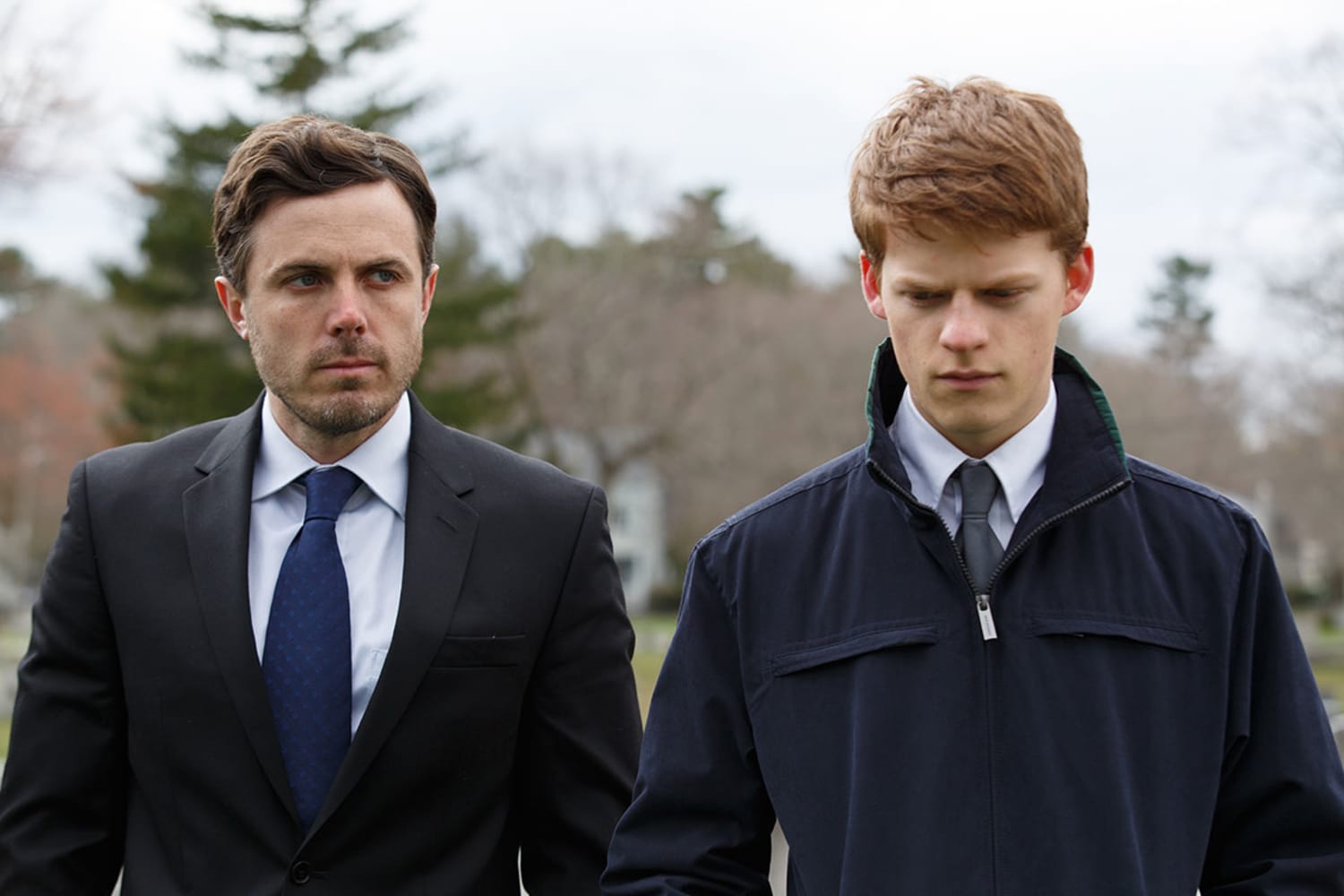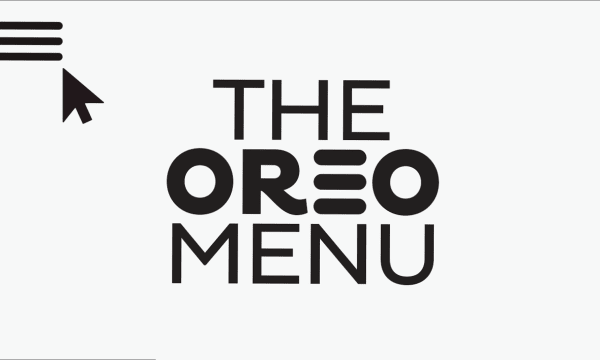Roma, director Alfonso Cuarón’s cinematic ode to his Mexico City upbringing, could scarcely have won more plaudits since its debut at the Venice Film Festival in August. Variety has called it “a masterpiece of then and now,” and “a film you want to frame and hang on your wall.” The Guardian, meanwhile, has praised the film as “an exquisite study of class and domestic crisis in 70s Mexico City.” Since debuting at Venice in August—where it received a standing ovation—Roma has been widely hailed as a favorite for the Best Picture Oscar in 2019.
For Netflix, which acquired the distribution rights to Roma earlier this year, winning the coveted statuette would mark a watershed in the streaming service’s reputation. Decider points out that if Netflix does take home the Best Picture award, “they’ll prove that they can be a home for art-driven auteurs looking to make films the studios can’t or won’t.” This highly cinematic film has also, IndieWire reports, led Netflix to reconsider its theatrical release strategy, with the streaming service planning to release Roma with Landmark, a US chain of independent movie theaters, in December.
A Best Picture win would also be a riposte to the accusations that Netflix has faced of focusing on quantity over quality in its programming. In April, The New Republic argued that while Netflix is making “more content than ever, a lot of it is mediocre.” Indeed, at the Television Critics Association press tour in August, Cindy Holland, head of original programming at Netflix, addressed those gripes. Variety quoted her as pointing out to the journalists that “quality and quantity are not mutually exclusive. Our primary goal is to please audiences and, every once in a while, some of you like what we’re doing, too, and we’re grateful for that.”




